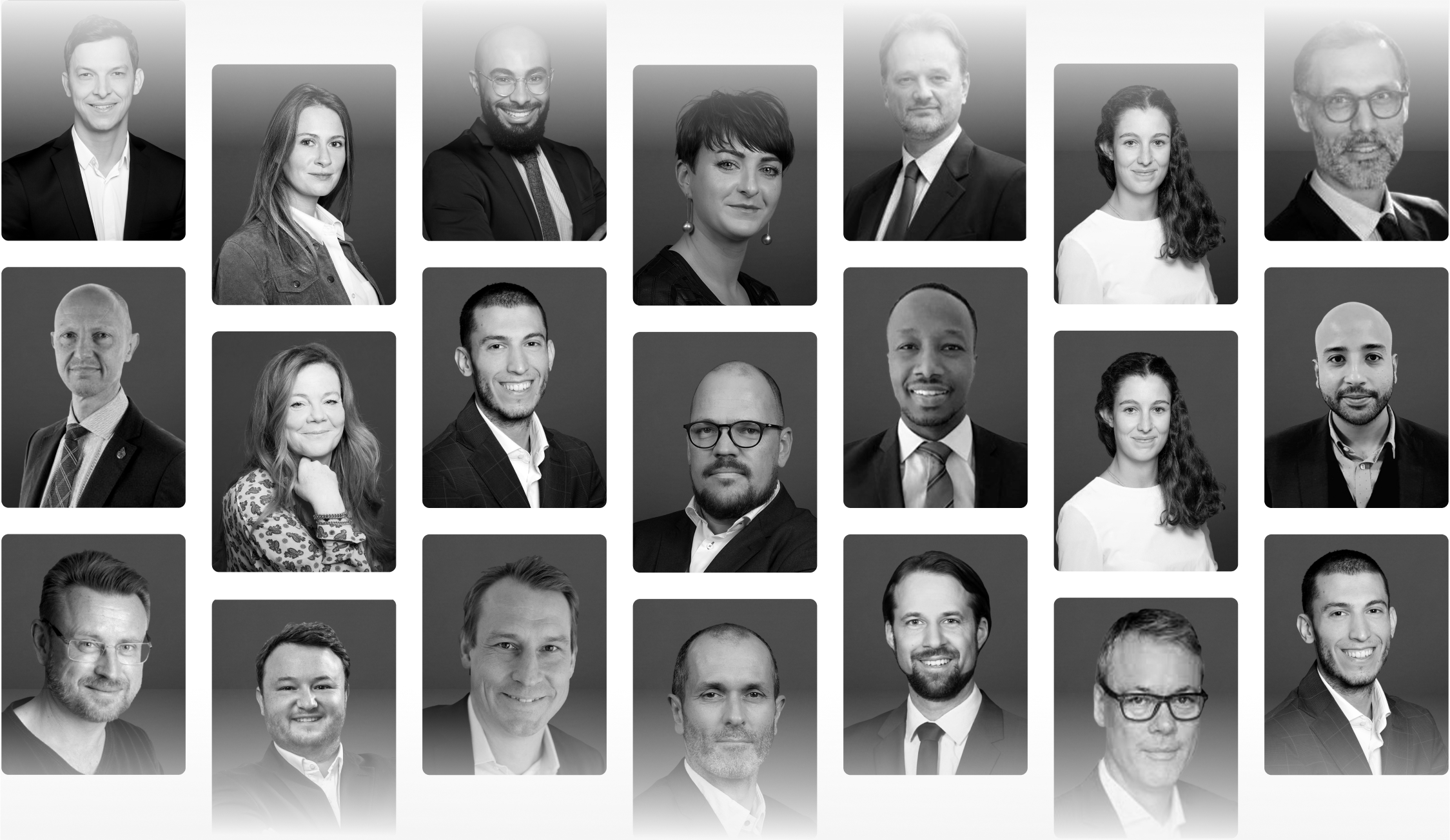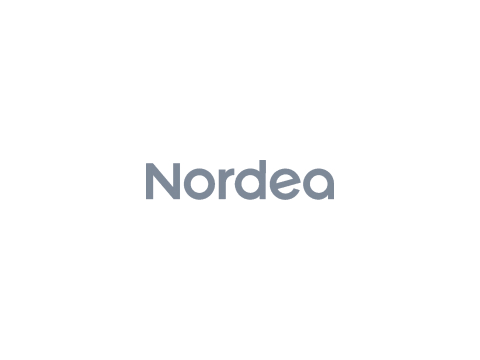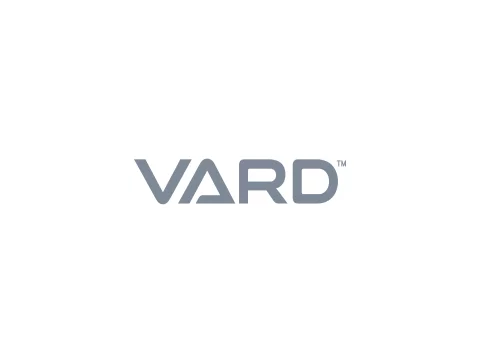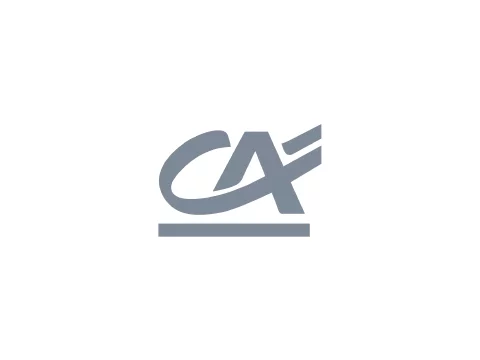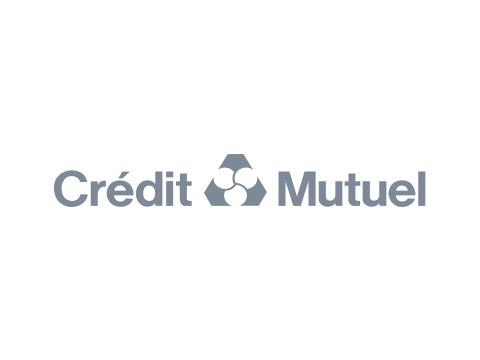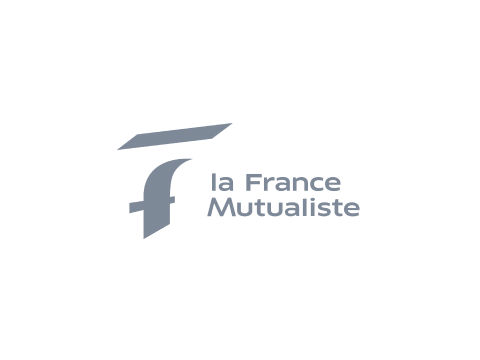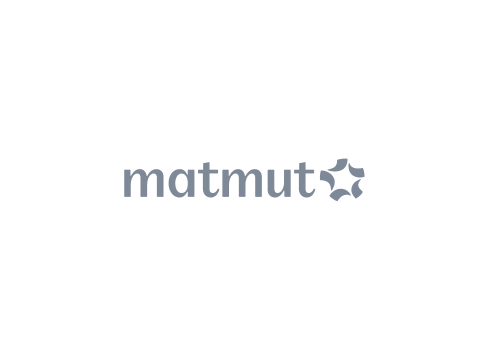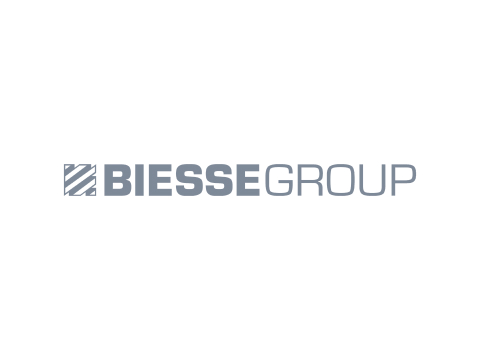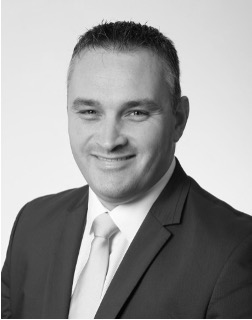Our expertise
to meet your challenges
Our key figures
We improve the overall performance of companies
and achieving tangible results
Spirit Advisors is a consulting company specialising in operational excellence. We operate internationally, mainly covering Industry & filed services, Banking and Insurance sectors.
We lead projects to improve the overall performance of companies, from the development of a strategic plan through to its operational implementation. We provide comprehensive end-to-end support, including analysis phases and on-site interventions.
Each assignment is unique and it is therefore designed and implemented with you and your situation in mind, to deliver real impact. We only consider the project complete when the performance improvement is objectively visible and experienced on a daily basis.
On-site
Our approach is operational and immersive, so that we can get close to your teams. This enables us to reduce the perception gap with operational reality.
Closework
We co-construct with your teams to encourage autonomy, ownership and lasting change. You are the change agents, we are the catalysts.
Pragmatism
Our added-value is made possible by the expertise of the Spirit Advisors team and the average of 15 years of experience in consulting.
What our customers say about us
